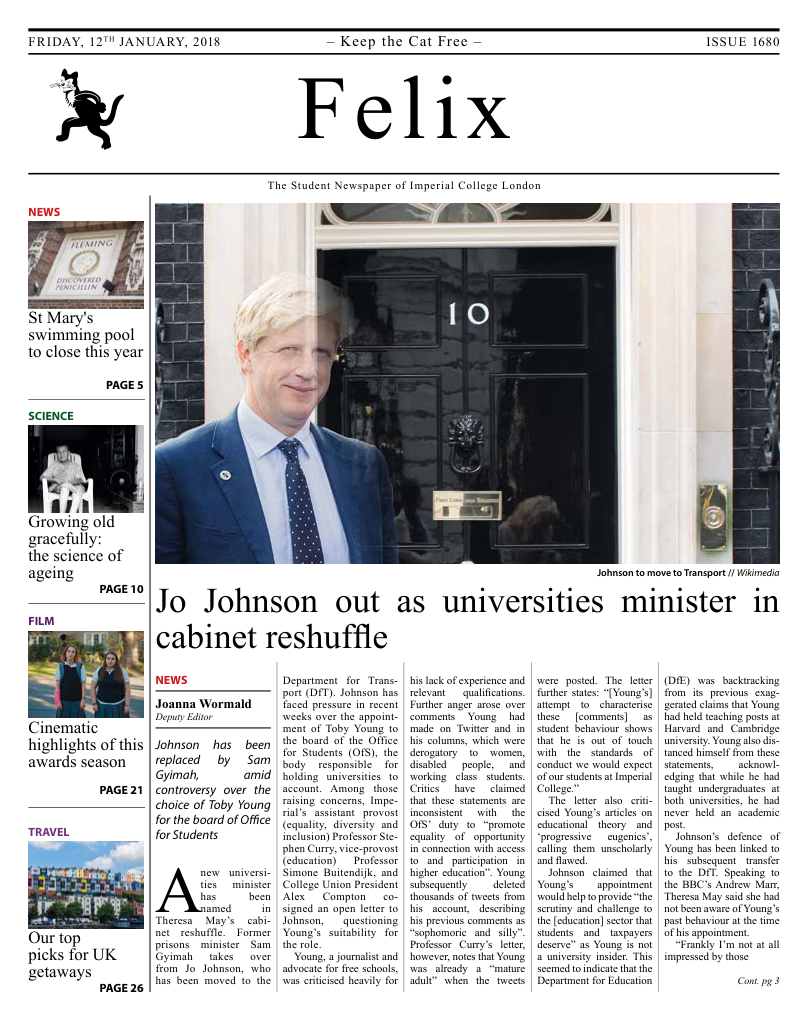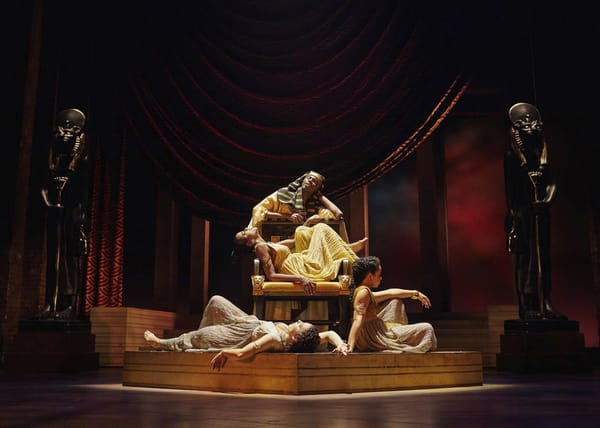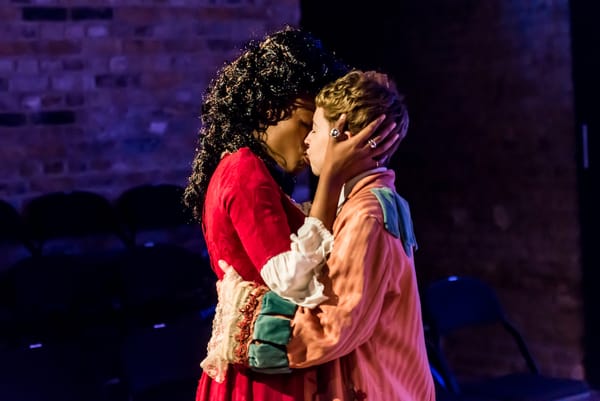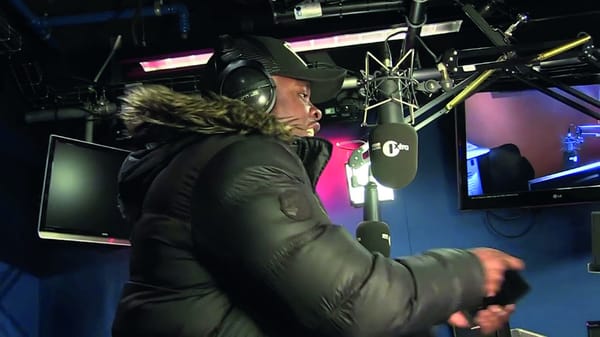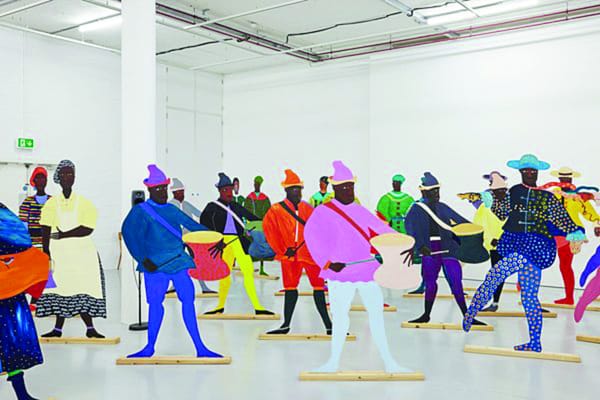Pinocchio ends up a little wooden…
The National Theatre’s production has great effects, and a cracking score, but a poor script and inconsistent acting mean it fails to ignite.

The National Theatre’s winter production of Pinocchio is based on the 1940 Disney film, including songs from the original. Broadly following the original, it adds in some minor changes: Gepetto, the old and lonely puppet maker, longs for a child of his own even as he creates puppets for other children. He is visited by The Blue Fairy who commissions him to make a puppet boy from the tree she has brought with her, and, as Gepetto carves out the puppet, he comes to life. Gepetto names the puppet boy Pinocchio and decides to raise him as his own; Pinocchio, like in the Disney film, is fascinated by the human children he sees playing and longs to be a ‘real boy’.
The story boils down to Pinocchio’s quest to find out what humanity really means, and, in doing so, to become human. This production plays with this concept in an interesting way: the human characters like Gepetto and Stromboli, a travelling circus owner who imprisons Pinocchio during his quest, are all portrayed by giant puppets, operated by actors, one of whom provides the voice. In contract, Pinocchio, our puppet protagonist, is played traditionally by a single actor. This creates a great contrast and really brings out the essence of the story, highlighting the difference between man and puppet by flipping their portrayal. It’s unfortunate that the production doesn’t fully commit to this idea: although The Blue Fairy is a puppet in her first appearance, in subsequent scenes she is played by a single actor, which somewhat ruins the effect established in the beginning scenes. Similarly, The Fox, a malicious being who seeks to trick Pinocchio, is also played by a single actor, and these scenes lack the effect created by the scenes with Gepetto and Pinocchio – you can’t help but think that The Fox as a puppet may have been more menacing.
The plot deviates only slightly from the Disney film, but somehow manages to feel worn out and predictable. Perhaps it’s because the basic story is one that we have seen told over and over again in other media, but the production fails to excite. Pinocchio leaves his father in search of meaning and adventure, only to realise that the true meaning of humanity lies in his father’s love. The script, by Dennis Kelly, adds nothing of substance to the bare bones of the tale – almost every line is predictable and many of the key moments fall flat. Young children will likely still enjoy it, but adults accompanying them may be left waiting for it to end.
“The script, by Denis Kelly, adds nothing of substance to the bare bones of the tale”
The quality of the acting is mixed. The actors charged with voicing the puppets do an impressive job of bringing the expressionless characters to life. Audrey Bisson is particularly good as Jiminy Cricket, the cricket appointed by The Blue Fairy as Pinocchio’s conscience and companion. She manages to convey emotion and real character through her voice alone, all whilst handling the character’s puppet. Unfortunately, many of the other actors fall far short of Bisson’s performance. Mark Hadfield’s performance as Gepetto is by no means poor and, in an ordinary portrayal, may well have been quite engaging. However, his voice acting fails to bring the puppet Gepetto to life the way Bisson does for Jiminy. The ‘non-puppet’ actors – Joe Idris-Roberts as Pinocchio and David Langham as The Fox – are both rather weak;:they deliver overexaggerated performances clearly aimed to appeal to a young child audience. However, it detracts from the story and only draws attention to the poor script.
There is still a lot to be said for this production, however. The effects are impressive and you can’t help but marvel at the technical genius behind it. Monstro, a giant whale, is impressively created on stage, and the moment where Pinocchio and Jiminy are swallowed by the whale is visually striking – one of the best of the performance. Martin Lowe’s score is based on the songs from the film, but adapted to better suit this stage version. All of the musical performances are without fault, and really carry the entire production.
It’s a real pity that the script and acting let down the many great aspects of this production. The use of giant puppets to portray human characters is such a fitting choice for this story and has real potential to be impressive, and there are certainly some standout moments. Ultimately though, it fails to create any real emotional impact and you’re left feeling indifferent, even in the grand climax of Pinocchio’s quest.
3 Stars
Where? National Theatre When? Until 10th April How Much? From £15

